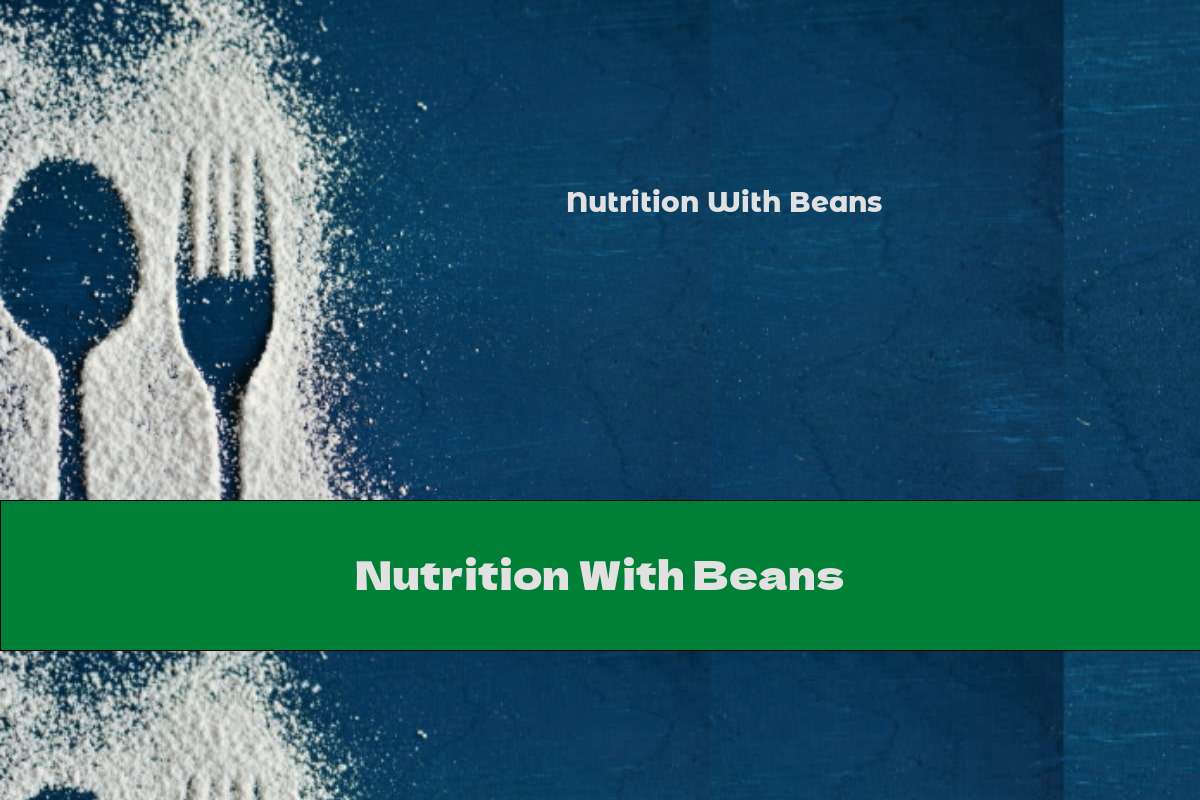Nutrition With Beans
 Author: Leticia Celentano
Time for reading: ~1
minutes
Last Updated:
August 08, 2022
Author: Leticia Celentano
Time for reading: ~1
minutes
Last Updated:
August 08, 2022

CHAPTERS (Table Of Contents)
The beneficial properties of beans become especially valuable when people begin to think about proper nutrition. There are over 200 types of beans, which differ in grain color, size and taste
The beneficial properties of beans become especially valuable when people begin to think about proper nutrition. There are over 200 types of beans that vary in grain color, size and taste. They prepare delicious foods that diversify the diet and make it more useful.
Useful properties of beans
The benefit of beans lies in the balanced composition of its constituent substances. It contains protein, which in nutritional value is equal to the protein in meat. Beans are rich in essential amino acids, thanks to this, foods made from beans are easily digested.
Depending on the type, the grains have a high content of minerals: calcium, magnesium, phosphorus, potassium, zinc, sulfur, copper and others. Due to the large amount of iron in this plant, it is extremely useful in anemia. In addition, it contains many B vitamins, also A, C, PP and E. The content of vitamin E is very high, it is an antioxidant and protects against heart disease and blood vessels. The combination of vitamins E, A and C improves vision.
The beneficial effect of beans in kidney disease is known, as prepared foods have a diuretic effect. Legumes are suitable for fatigue, a decoction of which is used to restore the body to nervous exhaustion and stress. They also have a beneficial effect on liver, gastrointestinal and heart diseases.
The antibacterial properties of the plant allow it to be used for various diseases of the oral cavity, in addition, the use of legumes reduces the risk of tartar formation and plaque. The beneficial effect of beans in diseases of the chest and lungs has been established since antiquity .
Not only the grains but also the dry leaves of the plant are useful. Decoction of them reduces blood sugar in diabetes.
Contraindications
Beans are a useful product, but they also have harmful properties. Its harm is that it increases the formation of gas in the stomach. The addition of mint in cooking reduces this effect.
Beans are not recommended for the following diseases: gastritis, ulcers, cholecystitis, diseases of the pancreas - pancreatitis. Consumption of this culture in nephritis and gout causes complications of the disease. Raw beans should not be used because they can be toxic.
Related Articles
- The Ultimate Guide to Hickory Smoked Bacon in Nutrition and Healthy Eating
- Fruitskewers in Honey Syrup: Nutritional Benefits and Recipes
- The Ultimate Guide to Buffer 500 in Nutrition: Benefits and Usage
- Nutritional Benefits of Fruit Skewers in Honey Syrup: A Delicious and Healthy Recipe
- Nutrition Guide: Fruitskewers in Honey Syrup - Benefits, Recipes, and More